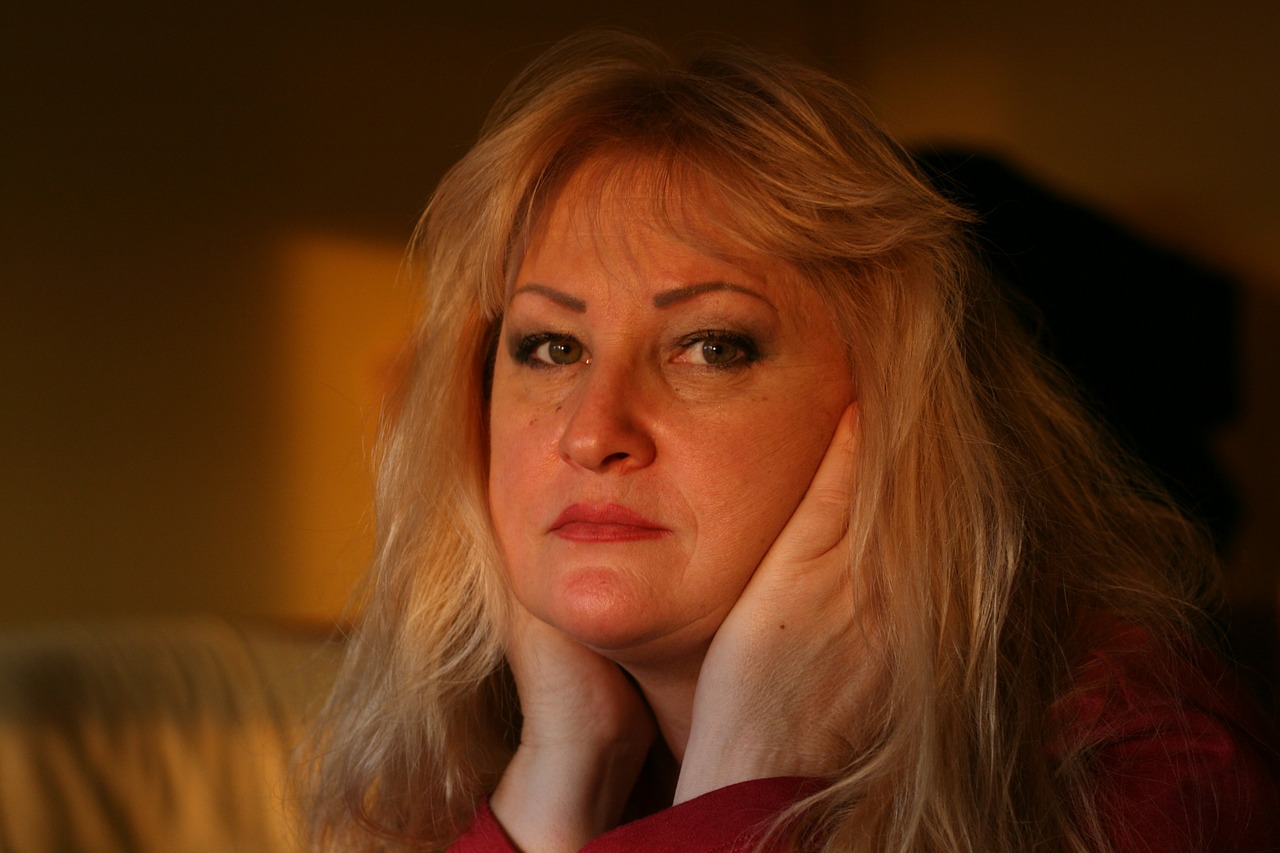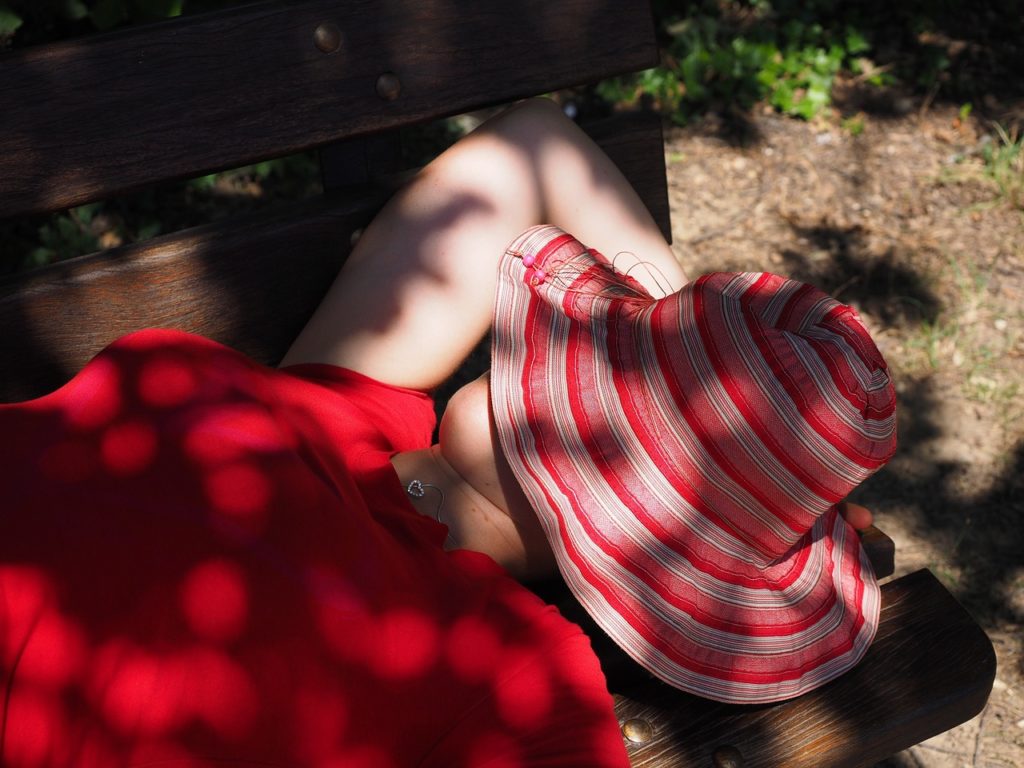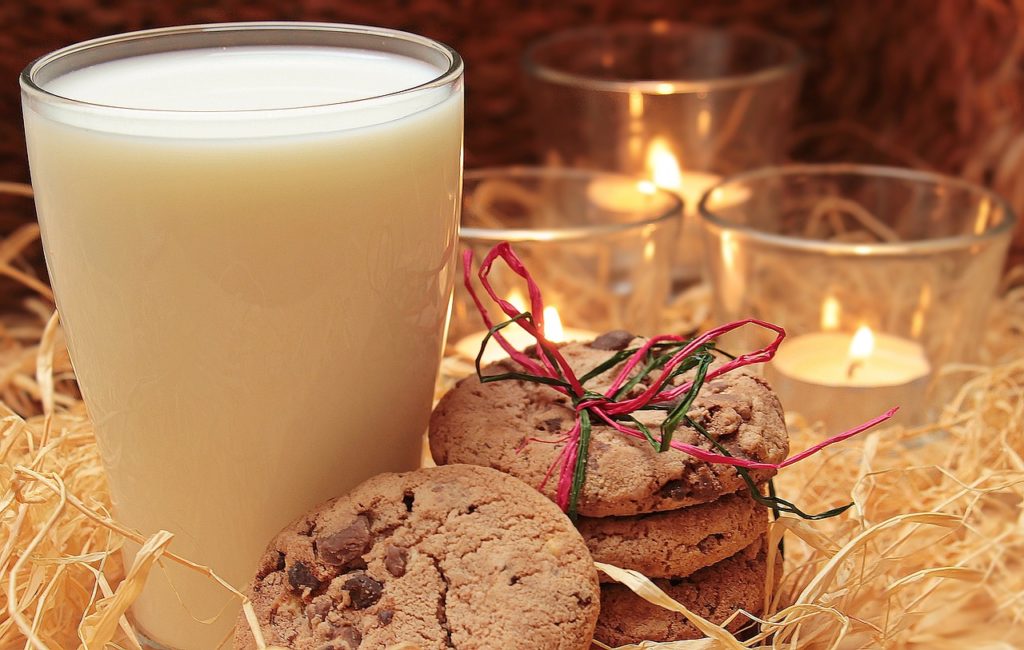Is insomnia ruining your life? Are you battling with insomnia and menopause? Below Tanya Clark has some heplful advice …
Insomnia affects 61% of women who are either peri-menopause or menopause and is one of the most debilitating symptoms of the menopause. Lack of sleep can cause fatigue, anxiety, depression and impair cognitive function.
Although the declining levels of oestrogen during menopause is likely to be the main culprit of insomnia in women over the age of 45, other factors can also impact on a woman’s ability to sleep of a night. These factors can be social, medical or hormonal.
One such factor could be “Empty Nest Syndrome”. This is the time in a woman’s life when her offspring prepare for adulthood and leave the nest. This leaves you with feelings of a void, helplessness or loss. These feelings can manifest as depression, anxiety, low self-esteem all resulting in lack of sleep.
Good quality sleep is vital for the body to function normal.
Sleep is needed to:
- Help the body repair itself.
- Consolidate memory – to transfer information collected during the day from short term memory to long term memory.
- Grow muscle
- Repair tissue
- Synthesise hormones
- Help brain development
If insomnia is wrecking your life, all is not lost. There are things that you can adopt in to your daily routine to help you get the sleep you desire.
Top Tips To Fall Asleep
- Turn Off All Electronic Devices.
The light emitting from the screen of electronic devices is called “blue light” and mimics daylight. The light sends signals to the brain making it think it is still day time, therefore the brain does not prepare the body for sleep.
By turning off your electronic devices one hour before bed you are allowing the brain to naturally prepare the body for sleep.
- Relax in a Warm Bath.
Add a few drops of lavender essential oils to running water to help relax the body and induce sleep.
- Drink a Warm Glass of Milk.
Researchers are not sure why this works, whether there is an ingredient in milk to induce sleep or psychological, but whatever it is it appears to work.
Drink a warm glass of milk about an hour before bed to help with sleep.
- Listen to Relaxing Music
Reach for your earphones and listen to some relaxing, calming music. Better still find a guided meditation specially designed to help aid sleep.
- Nutrition
Eat a healthy balanced diet. Ensure you eat plenty of fresh veg, fruit, legumes and wholegrain foods. Cut down or cut out alcohol, smoking, processed foods and sugars.
- Exercise
Doing 10 mins of exercise a few hours before you go to bed will help promote sleep. Physical activity will help lower anxiety and stress and will tire you out resulting in getting a good night’s sleep.
The key to getting a restful night’s sleep is routine and consistency. Try these practices for a few weeks to get the most benefit from them. Try keeping a sleep journal so you can see if there are any patterns or behaviours resulting in you not getting enough sleep.
For further help and advice on the menopause, Tanya can be found at www.mistressofthemenopause.com and at www.facebook.com/mistressofthemenopause







